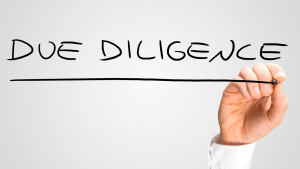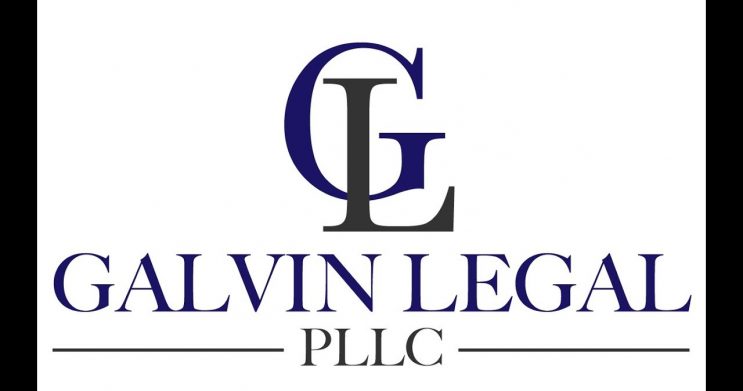
Have You Been Baited By High-Yield CD Offers Then Pitched High-Commission, High-Risk Investments?
Maybe you’ve seen ads promoting extremely attractive certificate of deposit (“CD”) yields that offer rates higher than other bank products. The promotion certainly grabs your attention, and that’s what the promoters want. If you inquire about the CD, you may find yourself listening to a sales pitch and ultimately owning a very costly, potentially risky investment—something very different than a CD.
Some higher-than-average CD promotional rates may be legitimate and designed to bring in new bank or credit union customers. But others are marketing ploys in which the CD is used as the bait to try to sell you a different high-commission product such as a private placement, real estate investment trust, master limited partnership, business development company, Delaware statutory trust, tenancy in common, or variable annuity. These are complex high-risk investments that are not FDIC-insured and are far riskier than CDs.
Behind High-Yield CD Marketing Ploys
Be wary if you respond to one of these CD promotions. Most require that you show up at an office and spend time with a salesperson, who will try to sell you an alternative product quite different from a CD. And whether you buy the CD or the alternative, you generally must commit to a sizable minimum purchase amount, such as $25,000.
The Power of Persuasion
Before you consider any financial offer, take the time to learn about the persuasion tactics and influence techniques used by sellers, both legitimate and not-so-legitimate. These include:
- Phantom Riches—Dangling the prospect of wealth, often with the promise of risk-free guarantees.
- Reciprocity—Providing something, such as a meal or special offer that makes you feel obligated to reciprocate, for example by investing a large sum of money.
- Scarcity—Creating a false sense of urgency by claiming limited supply. “This offer won’t last, so you better act now.”
Here’s something else to be aware of: the yield you see advertised for the “high yield CD” generally includes a “bonus,” which is an amount the salesperson would pay you in addition to the CD’s actual average percentage yield, or APY. This “bonus” is essentially an incentive paid by the company or salesperson to you in order to get you in the door to hear the sales pitch for another product.
If you say “no” to the other product being pitched, you can generally still buy a CD. However, the sales person will likely direct you to another bank where you will get the going, or average, rate. The sales person will then likely pay you the “bonus,” the difference between the CD rate offered by the issuing bank and the promotional rate that got you in the door.
If you say “yes” to the alternative financial product being pitched, you’re apt to get a break on the cost of buying that product; the salesperson might work up some approximated discount that’s close to the interest and bonus you would have “earned” from the CD. However, you are still likely to pay a hefty commission on the other, non-CD product.
As with any investment opportunity, always check BrokerCheck to see whether the person and the firm behind the offer are registered with FINRA.
The reality with these bait-and-switch CD pitches is that you may end up walking out with a costly financial product that is not an FDIC-insured CD, and not risk-free.
Request a Free Consultation with a Securities Attorney
If you were the victim of a bait-and-switch CD pitch and would like a free consultation with a securities attorney, then please call Galvin Legal, PLLC at 1-800-405-5117.
This information is all publicly available and is being provided to you by Galvin Legal, PLLC.
Galvin Legal, PLLC is a national securities arbitration, securities mediation, securities litigation, securities fraud, securities regulation and compliance, and investor protection law practice. For more information on Galvin Legal, PLLC and its representation of investors, please visit www.galvinlegal.com or call 1-800-405-5117.
